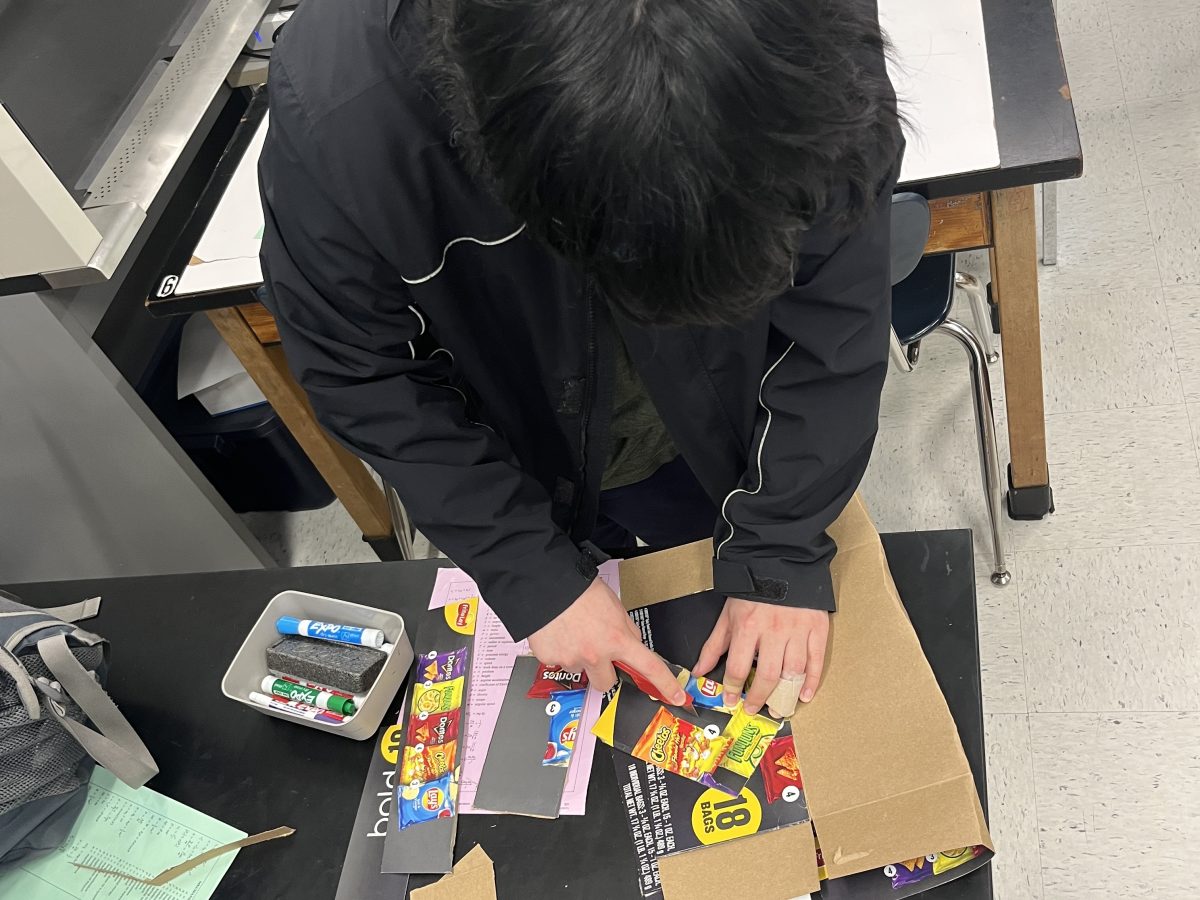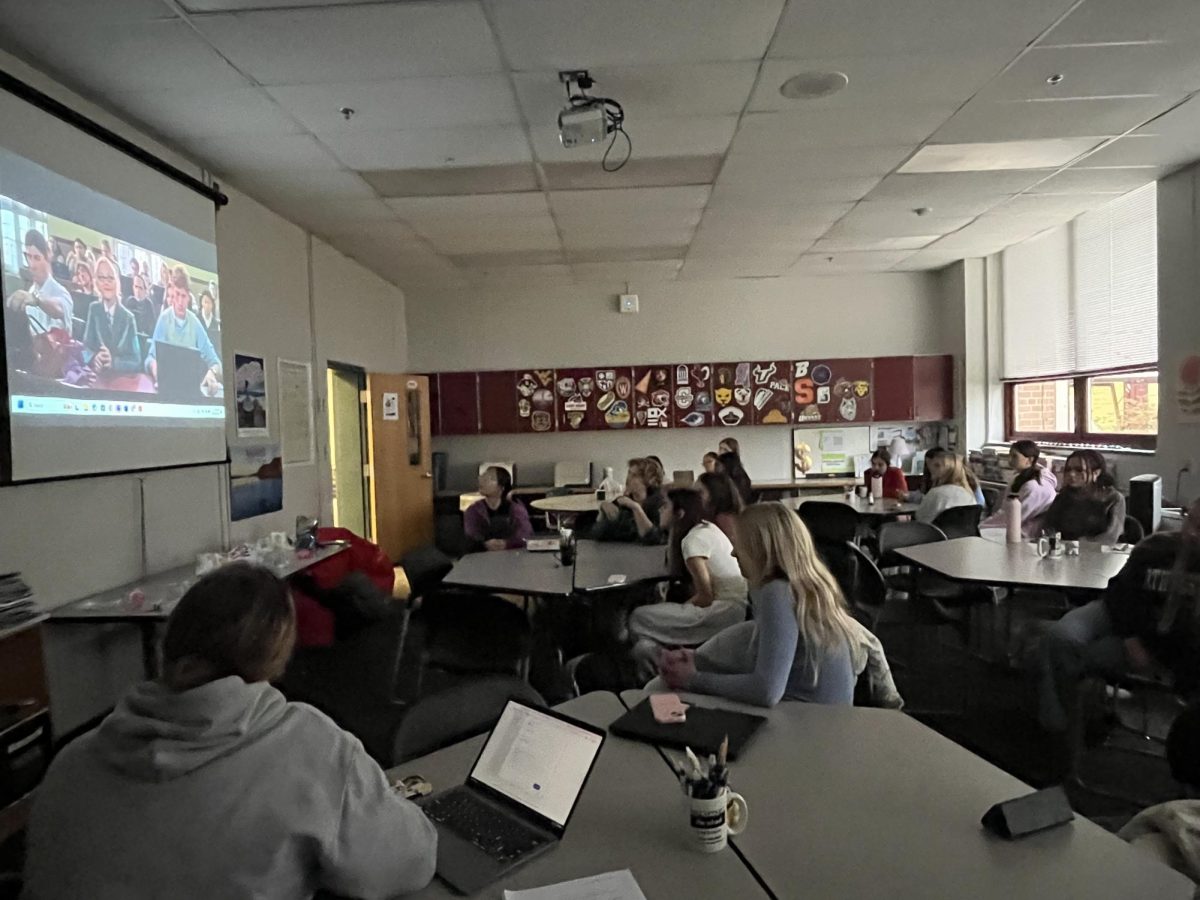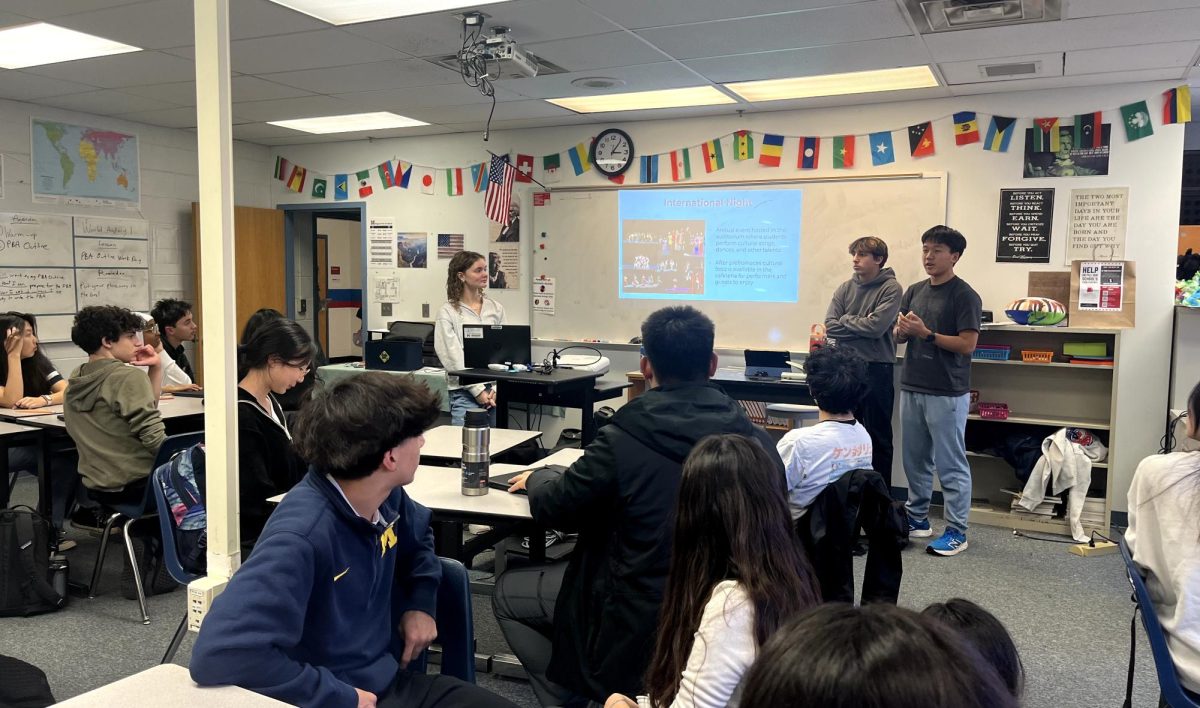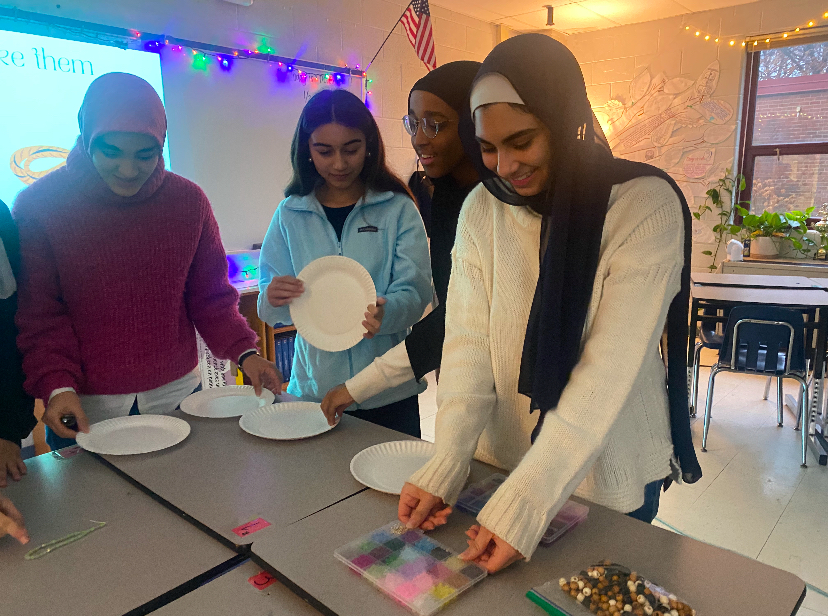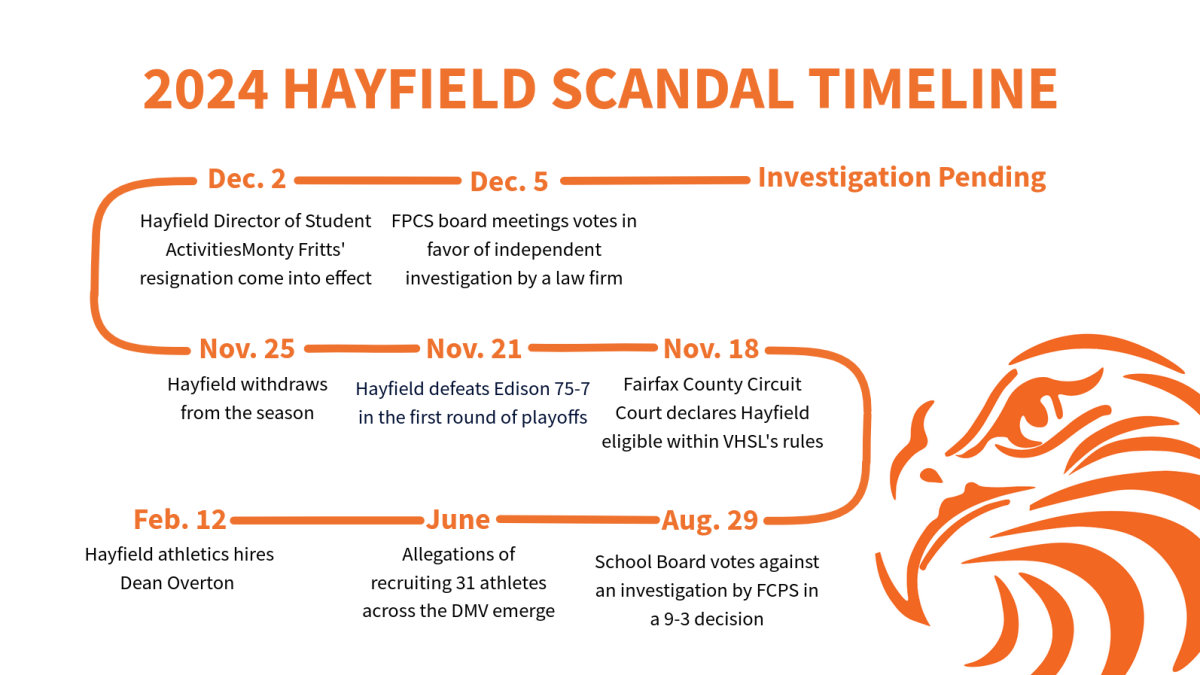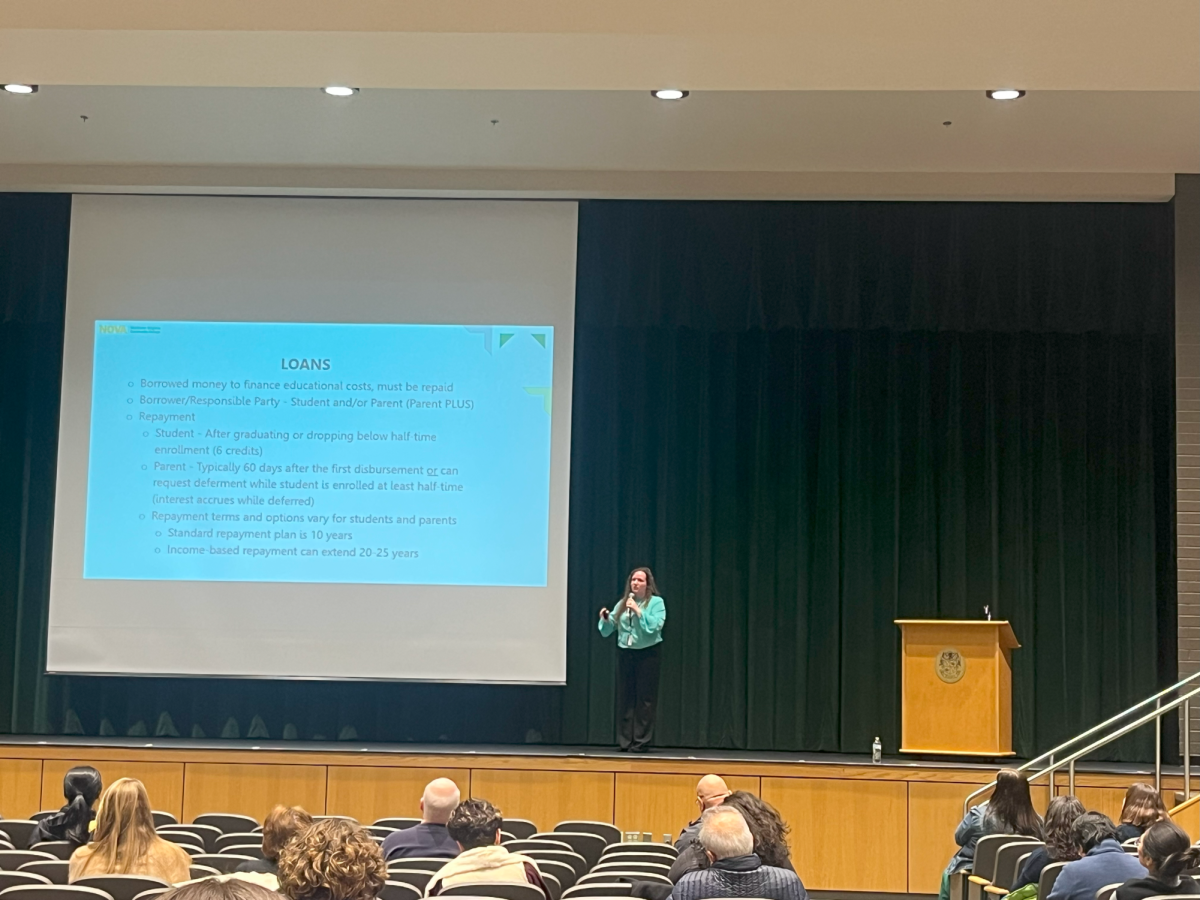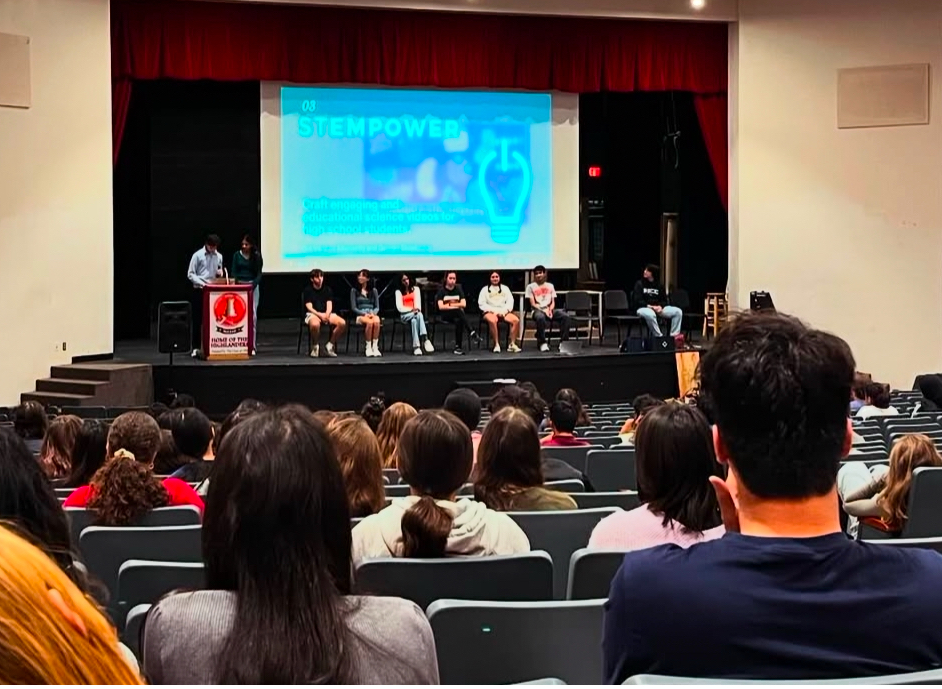As the next total solar eclipse approaches, McLean’s Astronomy Club is immersed in preparation for the observatory event to be held on April 8 for the eclipse, which hasn’t occurred over the U.S. since 2017.
“Weirdly enough, the moon is the same angular size of the sky as the sun almost exactly. And so when the moon passes in front of the sun [during an eclipse], we see they take up the same space in the sky, so it looks like the moon is completely covering the sun,” senior club leader Benjamin Borger said.
Not only are these eclipses a rare occurrence, it is especially unique that such an occurrence is visible from in McLean.
“It’s going over the US, which is nice,” Borger said. “Usually [eclipses] are going [over] somewhere like Australia or India… this time it’s going to be us here which is pretty cool.”
In order to observe the eclipse, the Astronomy Club will be providing glasses purchased by the school to interested students and teachers. Due to high interest in attending the event from students and teachers, however, the location and allocation of glasses remains in the air for the eclipse observation.
“We’re waiting on a teacher survey to tell us how many teachers want to come and take a look,” senior club leader Jack Chen said. “If there’s too many people we can’t really fit everyone into the observatory.”
Despite questions around the location and distribution of glasses, the club has been doing everything they can in the meantime to accommodate the growing interest from students and teachers in the eclipse.
“We’re trying to make what are called pinhole cameras to project the sun onto a sheet of paper,” Chen said. “We are also considering doing [a livestream], as well as just having solar telescopes set up with sun filters on [them] so [people] can look directly at the sun.”
The event will begin around the time that the eclipse starts at 2:04 p.m., but will not reach its peak until about 3:20 p.m. Although this will be outside school hours, the Astronomy Club plans to continue the observation event for anyone interested in observing the eclipse at its peak. The club itself does not have many plans for using their observations, but plans to document their findings photographically.
“[We will] just be observing for informational purposes, we might take some photos, [where] we could use a telescope that connects with a solar filter and then a camera,” Borger said.
As the eclipse approaches, interested students should consider asking their teachers to attend the club’s observation event next month. Both an opportunity to observe a rare astronomical occurrence as well as to learn more about such events, the Astronomy Club’s eclipse observation event is one that cannot be missed.


